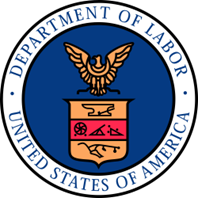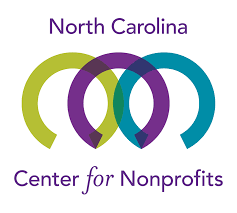New Overtime Rule from US Labor Department

On April 23rd, the U.S. Labor Department (DOL) announced its final rule on the salary threshold for overtime pay under the Fair Labor Standards Act (FLSA) that specifies that most employees earning less than $1,128 per week ($58,656 per year) will soon be entitled to overtime compensation, regardless of whether they are currently classified as executive, administrative, or professional (white-collar) workers. This determination is based on weekly, not annual, earnings, so arts workers (dancers, musician, actors, etc.) will be classified by their weekly pay.
CURRENTLY
Employers, including nonprofits, must pay employees one-and-one-half times their regular rate of pay for all time worked over 40 hours in any work week. However, workers are exempt from this overtime pay requirement if they:
- Are paid at least the minimum salary level under DOL regulations (currently set at $684 per week or $35,568 per year);
- Are paid on a salary basis; and
- Exercise job duties that are classified as exempt under FLSA (which means administrative, executive, or professional job duties for most nonprofit positions).
JULY 1, 2024
The salary threshold goes up from the current level to $844 per week ($43,888 per year) on July 1, 2024. This adjusts the salary threshold from the 2019 rule for inflation since it maintains the current methodology of setting the threshold at the 20th percentile of weekly earnings of full-time non-hourly workers in the lowest-wage Census Region (currently the South).
JANUARY 1, 2025
The salary threshold then goes up again to $1,128 per week ($58,656 per year) on, which is the 35th percentile of weekly earnings of full-time non-hourly workers in the lowest-wage Census Region (currently the South).
JULY 1, 2027, AND BEYOND…
The salary threshold is reset to the then-current 35th percentile of weekly earnings of full-time non-hourly workers in the lowest-wage Census Region (currently the South). The salary threshold will be automatically adjusted for inflation in the same way every three years on July 1st, beginning in 2027, then 2030, 2033, and so on.
It is likely that business groups will challenge the final rule in federal court in the coming months. The outcome of this potential litigation is uncertain, so it is important for arts organizations to start preparing now so you can make the necessary operational changes to adapt to the increased salary thresholds on July 1st and January 1st.

To help you get ready for the higher salary thresholds, the NC Center for Nonprofits has prepared an analysis of the final overtime rule and its likely impact on North Carolina nonprofits, concluding with 15 compliance options and eight next steps for nonprofits to take now to be ready to adapt to the significantly higher salary threshold in eight months.
Also, NC Center for Nonprofits is offering a free webinar on the overtime rule on Friday, May 10 from 10:00am-11:30am. Registration is now open.
